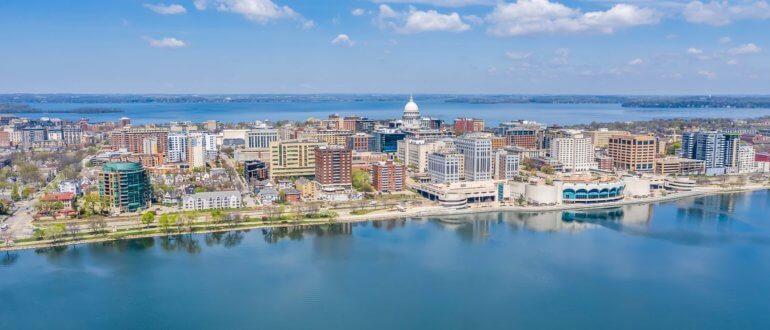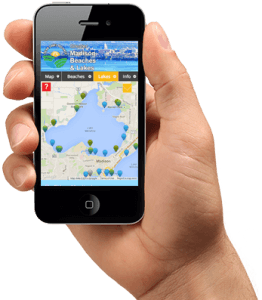The Yahara CLEAN Compact will continue to improve the condition and usability of our lakes and beaches. What we are doing to protect the lakes is working. However, more needs to be accomplished and at a faster pace. The concentration of phosphorus per gallon of water in rivers and streams is trending downward. Unfortunately, the amount and intensity of precipitation is increasing. More overall streamflow and phosphorus is being delivered to the lakes, as a result.
Clean Lakes Alliance recognized we needed a larger coalition to update our roadmap for healthier lakes. In 2019, we initiated an effort with Dane County and City of Madison to reconvene and grow the Yahara CLEAN (Capital Lakes Environmental Assessments & Needs) partnership. One goal of the partnership is to generate more community involvement. Together, we are working to identify more effective ways to accelerate and better target the actions needed to achieve cleaner lakes and open beaches.
Signaling a new era of cooperation and participation, coalition members are busy updating and strengthening the recommendations of a shared implementation plan. A critical part of that endeavor is to bring more stakeholders and voices to the table. Rooted in our own mission is the belief that, to be successful, any plan of action must be inclusive and reflective of the larger community’s hopes and aspirations. Your involvement and support are absolutely critical. Clean Lakes Alliance is committing to fund additional opportunities for your voice to be heard.
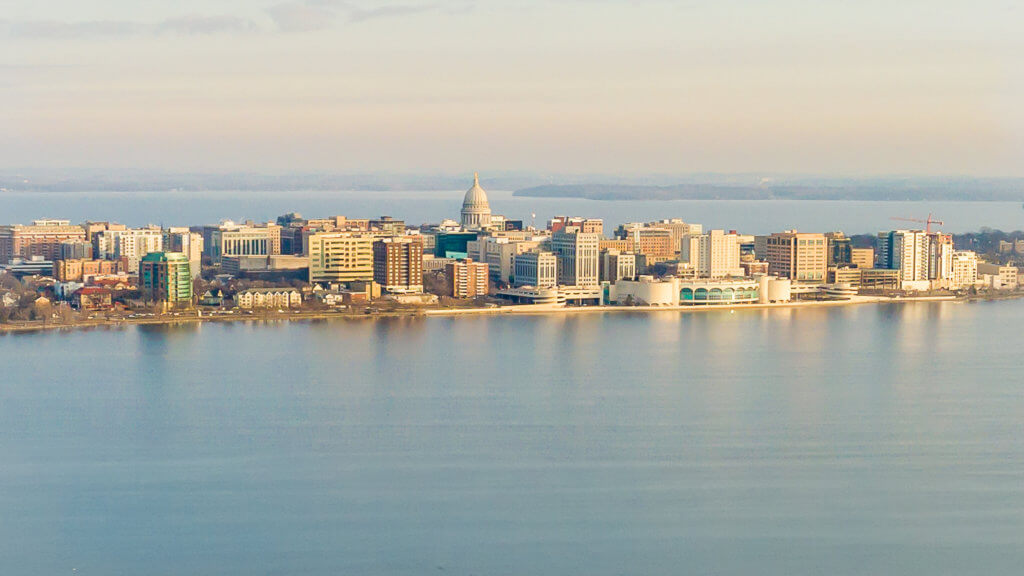
A plan for recovery
In 2010, following a long and storied history of management interventions, a multi-level government partnership released A CLEAN Future for the Yahara Lakes: Solutions for Tomorrow, Starting Today to begin charting a more effective path forward. Among its proclamations: “Given the way people feel about the Yahara lakes, simply continuing current efforts while still dealing with cyanobacteria (blue-green algae) blooms, fish kills, non-swimmable beaches, and poor water quality overall, is less and less acceptable to more and more Dane County residents.” Additionally, it set forth 70 action opportunities believed to be achievable and capable of generating five outcomes within 10 years.
Five goals for improved lakes
- Water clarity: Algae blooms will be less dense and less frequent. Near shore, algae growth is fading and being replaced by native lake plants.
- Shorelands: All public shoreline and up to one in five private shoreline properties incorporate native plants, shrubs, and trees. The community will see these plantings as increasingly desirable. Odor from decaying lake weeds will be greatly reduced.
- Recreational safety and access: There will be half as many (or fewer) beach closures. Illness from contact with algal toxins is very rare. The full range of lake users is able to access and enjoy the lakes year-round.
- Fishery health and consumption: While mercury levels are likely to remain high from global sources, we are maintaining a good overall fishery. Rough fish populations are held steady or reduced.
- Litter and debris: Less debris, trash, and litter are getting into the lakes. Natural woody habitat for fish, birds, and land animals has increased, especially along publicly owned shorelines.
Clean Lakes Alliance and the original Yahara CLEAN partners created a 14-action strategic recovery plan in 2012. A renewed effort kicked off to wrestle control over the phosphorus runoff that was fueling the often unusable, pea-soup conditions for which our lakes have become known.

The birth of a new compact
Fast forward to today – nine years into plan implementation. Lakes Mendota, Monona, Wingra, Waubesa, and Kegonsa fail to meet basic water quality and use standards under the Clean Water Act. Why is this? Are community actions missing the mark? Are a wetter climate and other headwinds masking progress? These questions prompted Clean Lakes Alliance to reconvene and expand the original lake-cleanup partnership, now called the Yahara CLEAN Compact, beginning in 2019.
Today’s Compact of 19 community partners and collaborators represents state and local government, nonprofit watershed groups, trade associations, research institutions, and other interests. Together, it is a collaboration that promises to cooperatively deliver the needed answers, along with a bold and updated suite of action recommendations to double the number of days our lakes are clear and free of algal blooms.
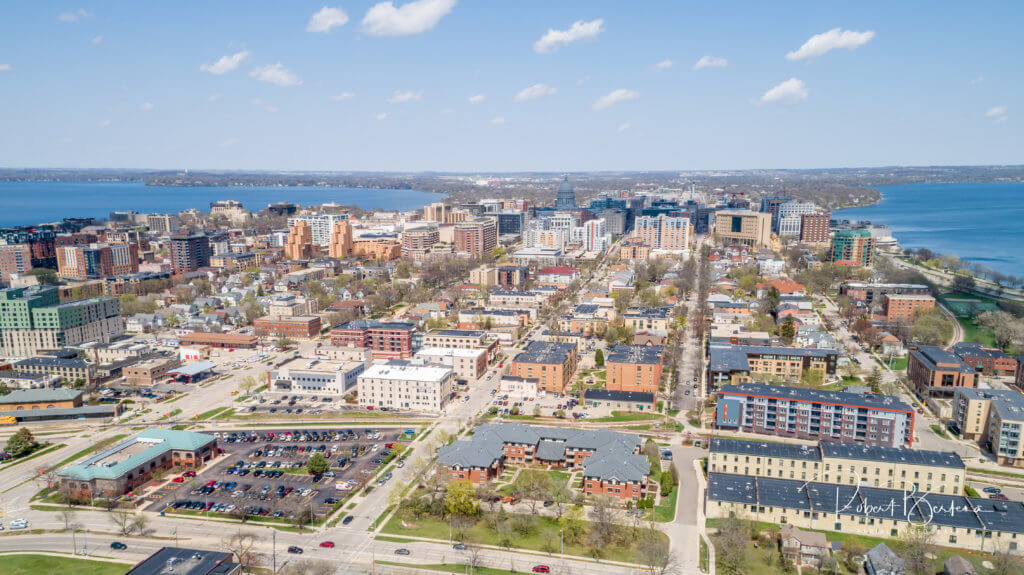
Yahara CLEAN Compact partners and collaborators
- Preston D. Cole, Secretary, WI Department of Natural Resources
- Joseph T. Parisi, County Executive, Dane County
- Satya Rhodes-Conway, Mayor, City of Madison
- James Tye, Executive Director, Clean Lakes Alliance
- Randy Romanski, Secretary, WI Department of Agriculture, Trade, & Consumer Protection
- Rebecca M. Blank, Chancellor, University of Wisconsin-Madison
- Chad T. Vincent, CEO, Dairy Farmers of Wisconsin
- Gurdip Brar, Mayor, City of Middleton
- Chad M. Lawler, Executive Director, Madison Area Builders Association
- Jerry Derr, President, Dane County Towns Association
- D. Michael Mucha, Director & Chief Engineer, Madison Metropolitan Sewerage District
- Karl J. Martin, Dean & Director, UW-Madison Division of Extension
- Paul Robbins, Dean, UW-Madison Nelson Institute for Environmental Studies
- Jake Vander Zanden, Director, UW-Madison Center for Limnology
- Martin Griffin, Executive Committee President, Yahara Watershed Improvement Network
- Larry Palm, Executive Chairperson, Capital Area Regional Planning Commission
- Ruth A. Hackney, CEO, Realtors Association of South Central Wisconsin
- Scott Seymour, President, Yahara Lakes Association
- Robert Wipperfurth, President, Dane County Cities & Villages Association
What we know
- We all derive economic and quality-of-life benefits from healthy lakes
- Our lakes and beaches should be cleaner and more usable
- Phosphorus is the main source of our water quality problems
- Management actions are having an effect, but more climate-driven runoff is overwhelming the effects
We are all stakeholders
The Yahara CLEAN Compact now needs your support and participation. The goal is to roll out an updated, community- adopted roadmap to cleaner lakes by spring of 2022. It is imperative to have your voice heard and represented in the final recommendations.
Learn more
- Visit our webpage and share your opinions and perspectives by taking an online survey.
- Watch Clean Lakes 101, “Yahara CLEAN Compact: State of the Science.”
- Watch the WKOW special, “The State of Our Lakes.”
- Sign up for our monthly Lake-O-Gram newsletter.
